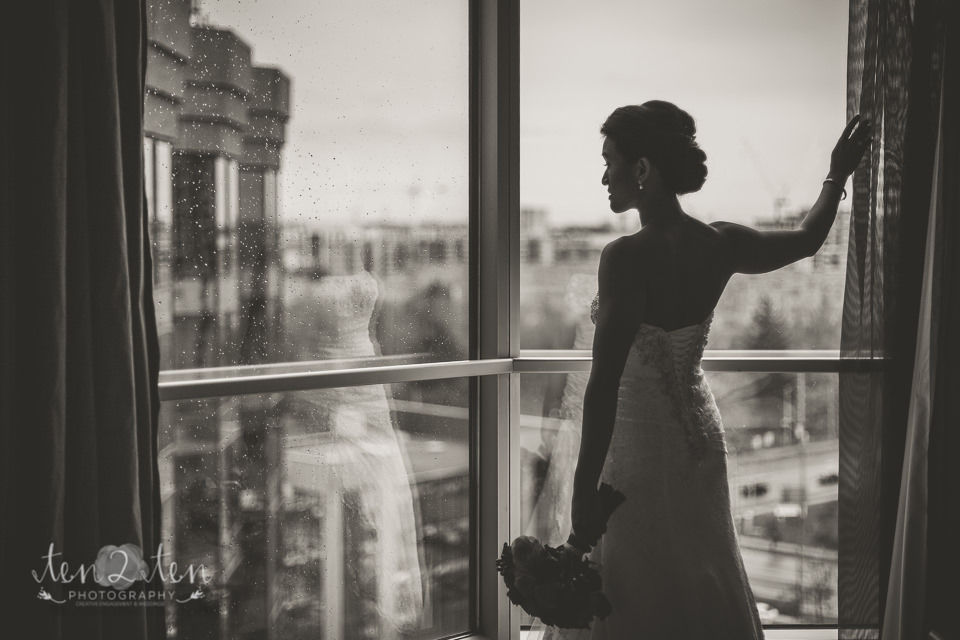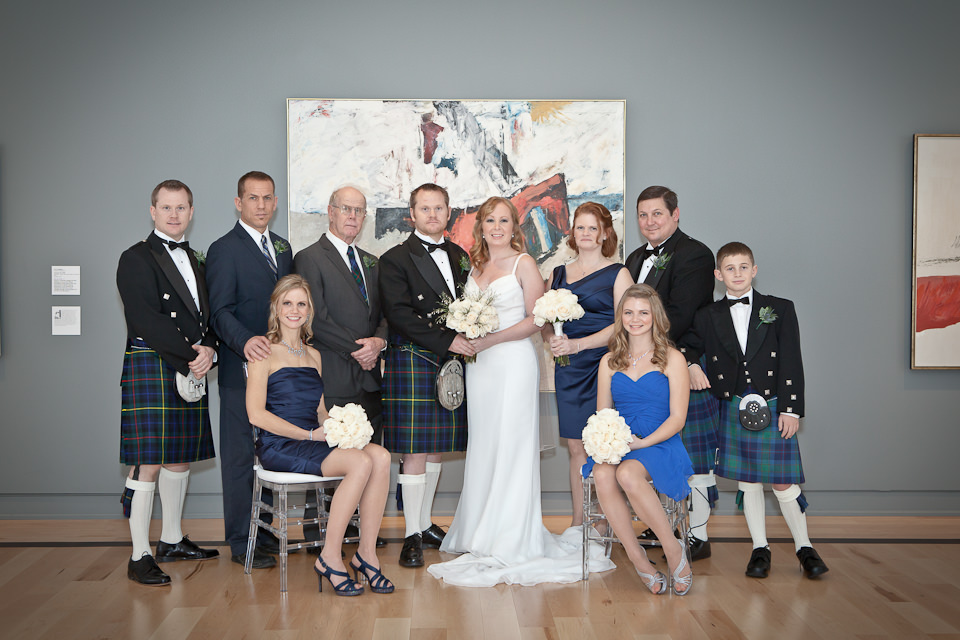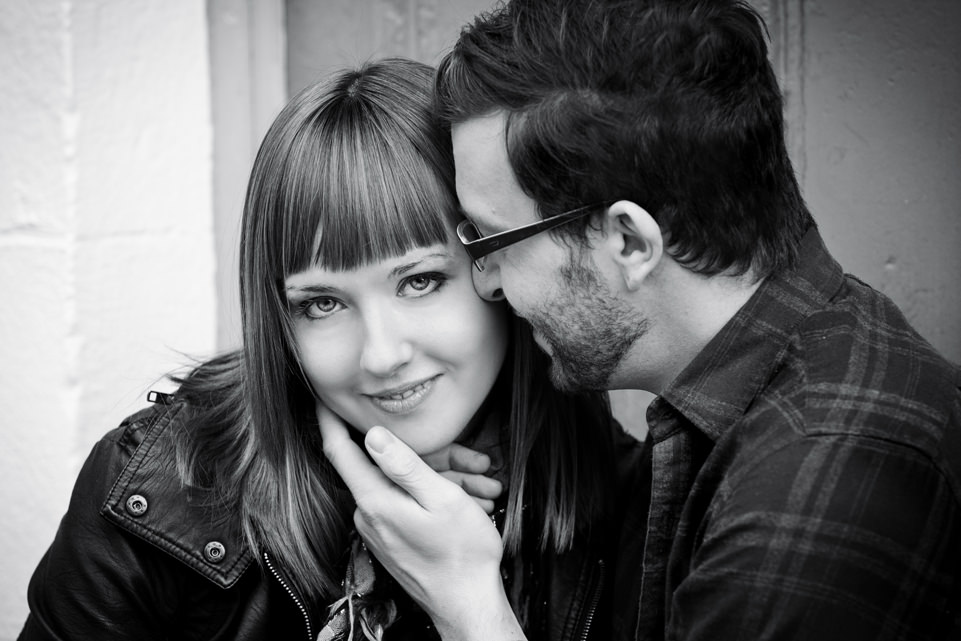How to Find a Photography Mentor
You have passion and you have talent but you have absolutely no idea how to start your journey. Getting a mentor is a great way to help guide you to becoming a better photographer. Knowing how to find a photography mentor, though, can be a difficult task. Today’s blog article will explore ways to find a photography mentor and include some of my own personal tips for making the process more efficient.
Before you start looking:
Have specific goals. Before you even begin your journey into looking for a mentor, you need to first know what your goals are. “Becoming a better photographer” is not a very good goal to consider, either, as it’s quite general. Are you looking to work more on lighting? On posing? On connection? On post-processing? On marketing? Knowing what your specific goals are will help you narrow down your list of photographers you should be approaching.
Mentors do not hand you opportunities to create a portfolio. I’m often approached by potential mentees whose goal is ultimately be given opportunities to create a portfolio. This is not the intention of a mentorship. A mentorship is an exchange of knowledge, not unlimited shooting opportunities for a portfolio. If your intentions on asking for a mentorship is to help build your portfolio, you may be ultimately disappointed when you learn that you are responsible for creating your own portfolio.
Keeping an open mind. Mentoring doesn’t have to take place in your city or even your state/province. Mentoring does not have to be face-to-face, it can be done online via emails or even Skype. Again, keep in mind that mentoring is an exchange of knowledge – this can be done over any communication device.
Let’s talk money, honey! Mentorships are not paid opportunities – they are not a means of you earning a few extra bucks. In fact, if you’re expecting to get paid at all as part of a mentorship, you’re sorely mistaken about the purpose of a mentorship. The person benefiting the most from a mentorship is the student – not the photographer. The opportunities you will be presented are opportunities where you will be able to shadow and learn. Knowledge is your payment. Don’t get me wrong – I am very much against the idea of expecting assistants to work for free – but in the role of a mentorship, where the opportunities you’re being given are helping you learn, knowledge is your payment. Why would you expect an established photographer to teach you AND pay you for being taught?
If you feel like you are in a mentorship where you are being treated more like a “gopher” (ie: go-for this, go-for that, etc.) and that you aren’t actually learning anything significant in these opportunities, you should courteously terminate that mentorship and begin the search for a new mentor.
Mentorships are not the same as second shooting opportunities. Being a second shooter and being in a mentorship are two very different things. If you need help with finding second shooting jobs and questions about payment rates for second shooting, take a peek at our other articles.
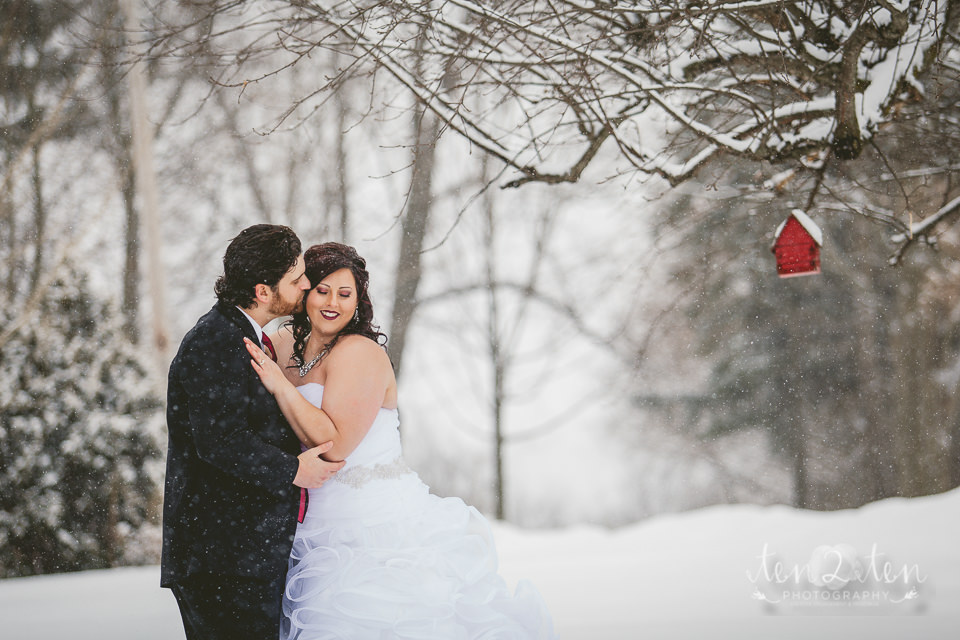
Where to look:
Mentor within your desired specialty. If you’re looking for wedding photography mentorship, start by looking for wedding photographers. You can’t expect a newborn photographer to teach you about wedding photography (or vice versa). You should also be looking for people who specialize in a specific type of photography and who aren’t too broad. While there’s nothing wrong with being an all-purpose photographer, if you’re only interested in one genre of photography, mentoring with someone who shoots all genres will decrease your opportunities to learn what you are truly looking to learn. Finally, find photographers who have a similar style to you. If you prefer creative lighting and dramatic flare, search for a mentor who also has a similar style as this will help you meet your learning goals.
Find online groups and clubs. Whether you start looking on Facebook for different photography groups or use a website like Meet-Up to find some local clubs, start your search in places like these. You may find that there are already several groups that already exist that can help you meet your goals.
Go to wedding shows? Eh…. yes and no. You may receive a lot of advice telling you to go to wedding shows and chat up the photographers there. To introduce yourself and either ask about second shooter positions or mentorship opportunities. I personally think this is a bad idea for two reasons. Reason #1 – the photographers aren’t there to solicit second shooters or mentorship opportunities. They are there to acquire clients for the coming year. The time you’re spending chatting with them at the booth means potential clients are walking by them. Respect why they are there and let them market themselves to their target audience. Reason #2 – any established photographer has a list a mile long of second shooters they can turn to already. If they need the assistance of a second shooter, they will find you – not the other way around. Send your inquiries by email if you want to introduce yourself and potentially get on a list of second shooters or email and ask about mentorship opportunities. The photographers have paid handsomely to be at that wedding show, let them find their future clients.
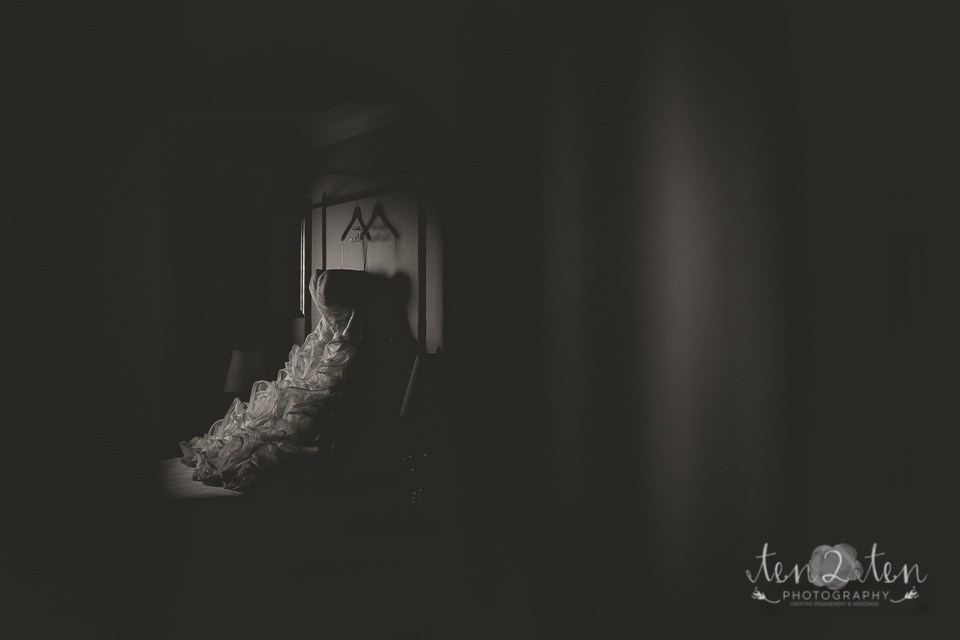
Making contact:
Get in touch. Send an email. A personalized email. Don’t bother calling, don’t just show up at a wedding show or unannounced at a studio. Just send an email. Make sure to learn a little bit about the company, especially the photographers name. Emails that start with “Dear sir/madame” are very impersonal – this is not how you want to start off a potential relationship with a photographer. If you don’t hear back from the photographer, consider a follow up email but leave it at that – just one. There’s no need to harass. The better way to follow up is to be active on their social media – like their content, comment on it, share it. Engage with them. That will keep your name fresh to them.
Spelling counts. I never would have thought that this would have to be written in an advice article… but please, don’t use “lol” or “ur” and other short and informal spelling forms. Show your professionalism.
Use a legit email address. If your email address is the same one you’ve had since you were 13, consider getting something a little more formal – like your name. Again, it shows your professionalism.
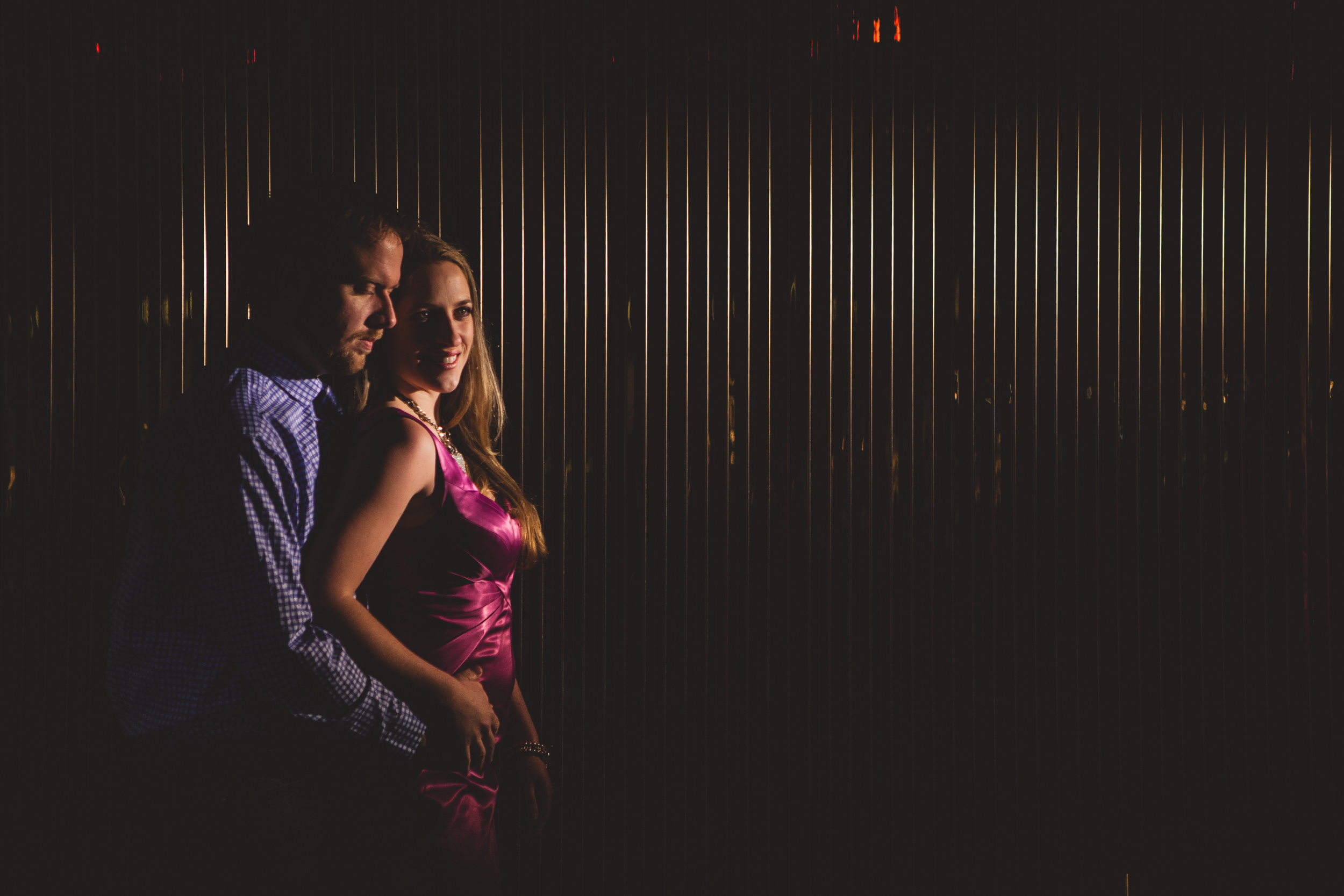
Working with your mentor:
Take notes. Pay attention to what they are telling you; write down the important things. You asked for this opportunity and if you’re lucky enough to be granted a mentorship, use it to it’s fullest. It’s entirely your responsibility to maintain notes – never ask for a mentor to write something out and send it to you.
Listen to their advice. One of the most frustrating parts of being a mentor is when you take the time to provide useful, thoughtful and practice advice to your mentees and they actively ignore it on a regular basis and beat to their own drum. Advice doesn’t always been to be followed; but if you’re being given good advice you definitely need to at least consider it. Taking the time to be in a mentorship, creating a relationship with a photographer, asking questions and then never following through on any of the advice is not only a waste of your own time but also of the photographers.
Respect is key. Listening to the advice of a mentor is also related to respect. When you respect the value of the information you’re being given you have a tendency to consider it more heavily when establishing your own plans. Respect is also important in regards to your behaviour during the mentorship; cancelling opportunities, being a no-show, dressing inappropriately for the circumstances or spending time on your phone instead of attentively watching your surroundings also reflect your respect for your current situation. Photographers are asked about mentorship opportunities on a regular basis; if you’ve been fortunate enough to be granted one, take it seriously – there are many others who would love to be in your place.
Take your own initiative, too! Similar to what was mentioned above in regards to portfolio building; a mentorship is simply a tool you have to use in your own journey towards becoming a professional photographer. Outside of your mentorship, you need to find opportunities to shoot and build your portfolio and to acquire your own clients. Mentorships are not designed to provide you with a step-by-step how to guide for each and every step in your journey; they are a tool for reference. There is such a thing as asking too many questions; take your own initiative and hop online to help answer your own questions first. If you’re still stumped, consider asking your mentor.
Alternatives to a mentorship:
Consider workshops instead of a mentorship. Mentorships are typically long-term opportunities that rely heavily on reflection and feedback. If you want more of a condensed, fast-paced route to a lot of knowledge, attending a workshop (or a series of workshops) may be a better route. If you’re simply asking for a mentorship because you can’t or don’t want to spend the money on a workshop, you may be disappointed as mentorships are not simply a mimicry of a workshop.
Hire a business coach: If you feel you do need someone to provide you step-by-step instructions on how to start a business, how to brand yourself, how to market and how to acquire clients then you may need more assistance than a mentorship is meant to offer. This type of intensive assistance would require the kind of TLC that a business coach could offer you; and this is something that is a paid service. You cannot expect this level of TLC in a mentorship, it’s simply not reasonable.
Finding a photography mentorship is not easy and if you are fortunate enough to be able to find a photographer who is willing to begin a mentorship with you, consider yourself very, very lucky and nurture that relationship to it’s fullest.
